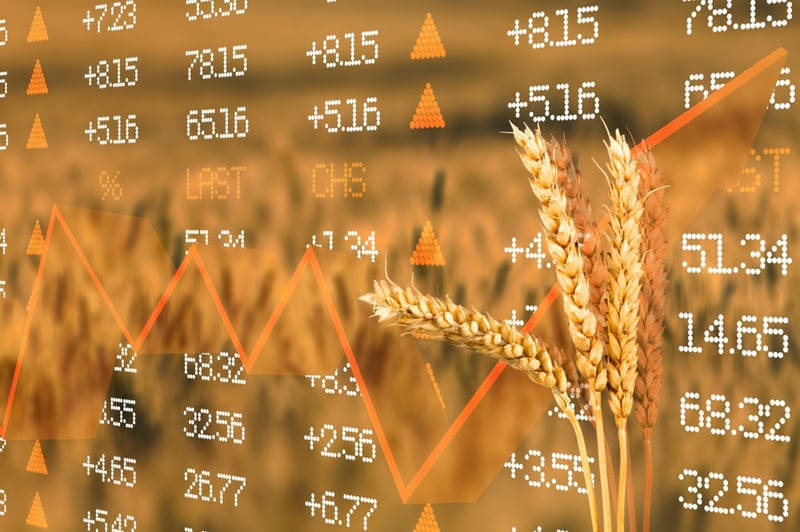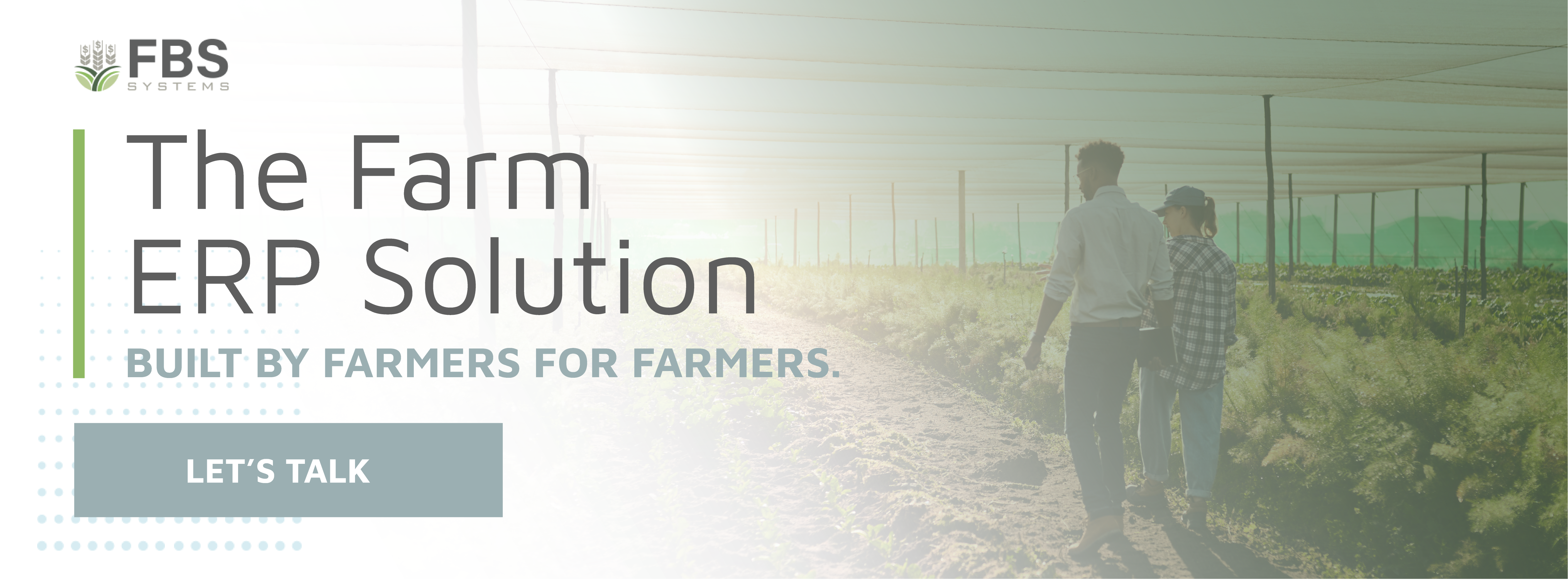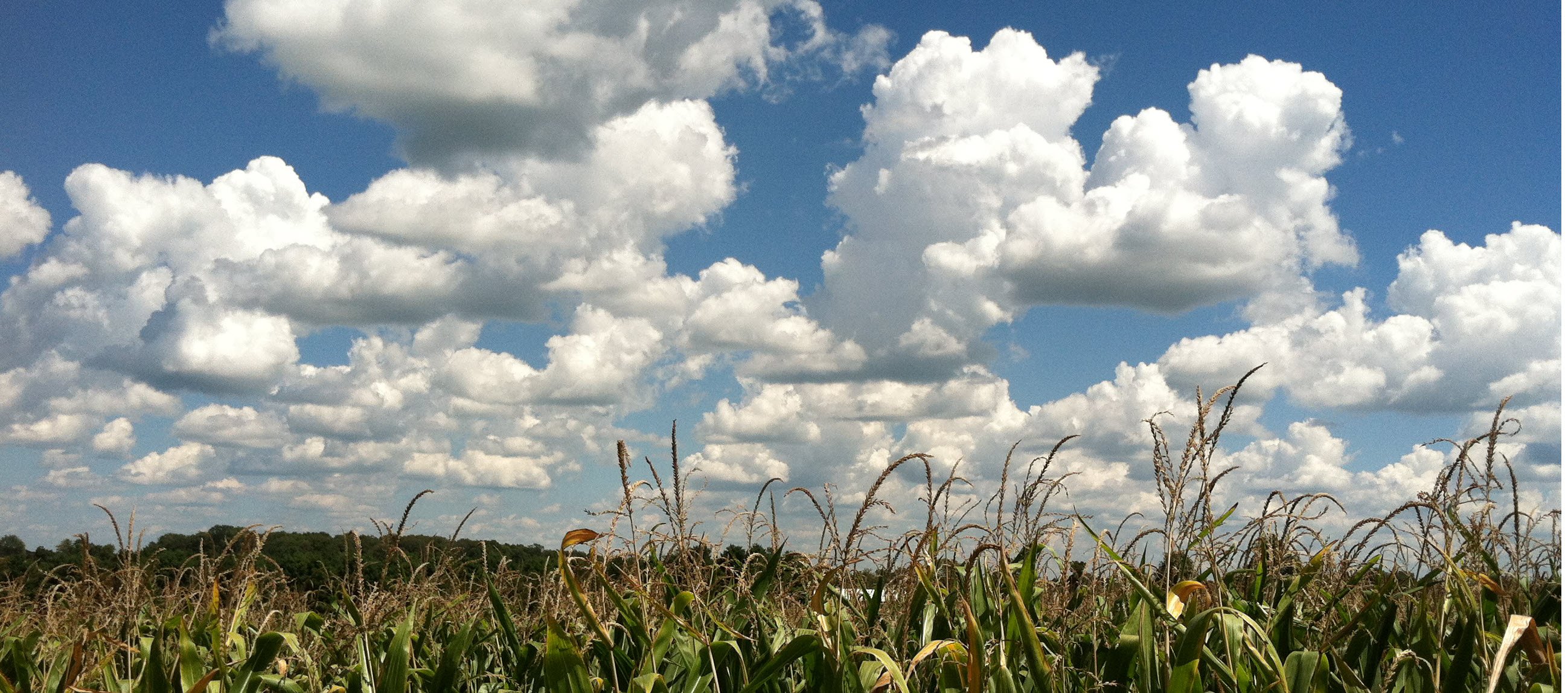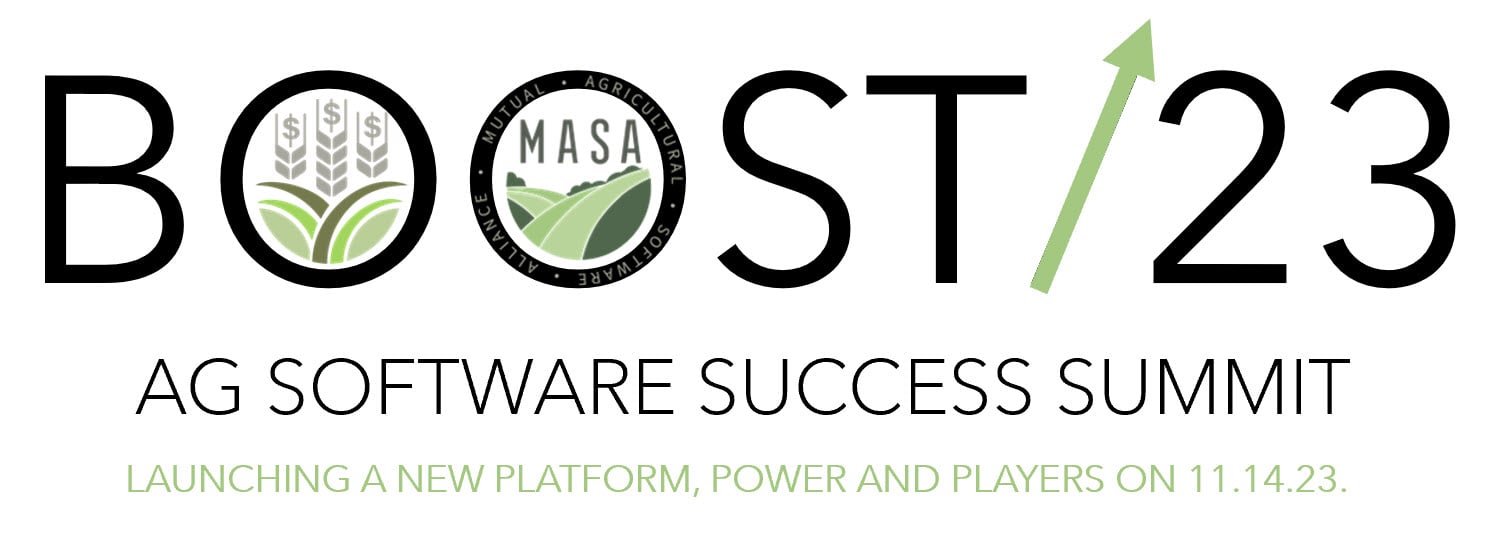For any farm, inventory management is one of the most challenging, yet rewarding accounting processes affecting the integrity of your entire management information system. This process is crucial to ensuring that owner-operators can successfully take their crops and livestock to market. To help better track their inventory, many farmers use a farm inventory management software solution.
What is inventory management software? How does it help farmers improve their operations? What should you look for in a comprehensive farm inventory management solution?
Quick Links
- What Is Farm Inventory Management?
- Benefits of Managing Farm Inventory
- Befits of a Farm Inventory Management Software
- What to Look for in a Farm Inventory Management Software
What Is Farm Inventory Management?
Farm inventory management is largely what it says on the tin. It’s the totality of practices involved in monitoring and managing a farm’s inventory—everything from ordering items to storing, using, processing, and/or selling those items on the market.
“Inventory” can cover a massive variety of items on the farm from raw materials, to equipment, pesticides, fuel, crop/livestock supplies, and the actual crops and livestock the farm is preparing for sale—just to name a few obvious examples. Each type of farm inventory needs to be tracked separately to give you the most accurate idea of what you’re spending money on and how that affects other management segments in your operation.
Some unique features of farm inventory management include:
- Inputs are typically tracked in two units: Purchase (tons, gallons, bags, etc.) and application (pounds, ounces, and seeds).
- They often contain qualitative attributes such as nutrient analysis, moisture, weight, and active ingredients.
- They are purchased through accounting events but are produced and consumed through production events.
- Their costs need to be traced from raw materials, work in process, and finished goods.
- Inputs (i.e., raw materials) are often expensed for tax purposes in a different accounting period from when they’ll be used. For example, seeds acquired in December may not be planted until the spring of the next calendar year.
- It’s usually difficult at the time of purchase to determine where inputs will be used and computing their costs when they are used
To be useful for managing your farm’s inventory, an inventory management software needs to cover every kind of inventory you are using or might conceivably use in the future. Enterprise resource planning (ERP) solutions often include inventory management software as a core function because managing inventory is so vital to the profitable operation of a farming enterprise.
Benefits of Farm Inventory Management
Conducting farm inventory management is a critical process for several reasons. By effectively managing your inventory and tracking both inputs and outputs, you can realize several benefits—such as:
More Accurate Budgeting for Purchases and Sales
Having a comprehensive list of your inventory helps you more accurately budget for your purchases and sales by making it easier to track your inputs and outputs, their values, and when you need to make capital outlays for the former and when you can expect payments for the latter.
This is especially important for farmers because of how production and marketing cycles and fiscal years may overlap—which can make budgeting more difficult for farmers than for other kinds of businesses that have shorter sales cycles.
More Precisely Measuring Your Cost of Production
How much do you really spend on producing an acre or bushel of corn, wheat, or another crop (or, as the case may be for livestock, a pound of meat)? Inventory systems for inputs (raw materials) must accurately transfer costs to work in process inventories (growing crops or animals) using methodologies like first-in, first-out, or weighted average.
More Accurate Billing of Customers, Partners, and Landlords
If you aren’t tracking your inventory closely, how can you expect to ensure that you’re billing your customers the right amount for goods sold and that you aren’t being shorted by your business partners and vendors? In short, you can’t.
Keeping track of your inventory is crucial for verifying that you’re getting the right amount of inputs that you’re being billed for and that you can verify that you’re charging your own customers the right amount of money for the goods you sell. It can also help you settle disputes with landlords and business partners should they arise.
Reconciliation of Physical Inventories and Financial Statements
Conducting routine inventories of your inputs and outputs can help you reconcile your farm’s financial statements with its actual current inventory levels and reported sales figures. This can help you identify any discrepancies that might be costing your business money.
Benefits of Farm Inventory Management Software
So, why use an inventory management software on your farm instead of simply using spreadsheets or pen-and-paper inventory documents? What makes spending the money for a farm ERP solution with integrated inventory management worth it for your farming enterprise?
There are many potential benefits to using a farm inventory management software—assuming you’re using the right software! Some benefits include:
1. Real-Time, Accurate Inventory Control and Costing
Having a software program where all of your inventory can be tracked from your computer is an enormous benefit for any farm owner/operator. Rather than having to manually track down a folder with a list of your latest inventory counts and valuations in a file cabinet, you can simply open up your farm ERP solution and get all of the data you need right away.
By integrating your accounting purchases and sales with production activities (which can be created automatically through field and feeding equipment plugged into your farm ERP solution), you can create a “bridge” that connects inventory items between systems. This enables real-time, accurate control of your inventory and helps you clarify cost data to produce more accurate budgets for your farming enterprises.
This information can also be organized into a formal report more easily since you aren’t having to dig through multiple binders and physical files to find it. Updates to inventory information can be made in real time as users register incoming inventory and report outgoing (or consumed) inventory.
2. Reduced Risk of Inventory Shortages
Another benefit of having an inventory management solution is having the ability to project consumption/usage rates for different inventory items and using that information to meet future needs. This can help farmers optimize their ordering processes to maintain a “just right” level of inventory that prevents shortages without wasting money.
This is particularly relevant for livestock operations for ordering feed ingredients and scheduling deliveries of animals that meet contract specifications.
These are just a few potential benefits of using inventory management software for your farm. Reach out to FBS today to learn more about what a comprehensive farm ERP solution can do for you!
What to Look for in a Farm Inventory Management Software Solution
So, what should you look for in a farm inventory management solution? Some key qualities to look for include:
- “Farm-friendliness.” How easy is it to record accounting or production entries or make corrections? Can you "globally adjust" applications to rebalance input inventories? How does it adapt to your unique products and practices? Can it handle prepayments or returns? What about moving costs through a production or marketing cycle? What do other farmers have to say about the solution?
- Service and Support. Does the software come with service and support to help you troubleshoot any issues that might occur or give you tips on how to best use it? How much does service and support cost and what kind of support does the software provider offer? It’s important to have answers to these questions before committing to any new farm management software.
- Integration with Field Data. How much intelligence does the software offer into your crop/livestock inventory? Can it help you capture precise data and translate that information into financial records that you can use for your business? What solutions does it have to prevent double-entering data (or identifying doubled entries so you can remove them)? Crop production and inventory management software should help you keep accurate information and avoid common data entry errors that can cost farms thousands of dollars.
- Group or Project Tracking. For accountability and traceability, it’s important to drill down to the livestock group or field level. For example, livestock production software with group tracking capabilities can compare and analyze performance, costs and health by group, lot, or flock. Similarly, project tracking can isolate costs and yields by farm or field.
- Automated Report Generation. How easy does the solution make it to create a report on your inventory? Does it make you manually input everything every time or does it help you by automatically generating certain reports? Finding a solution that can import your spreadsheet or CSV file data can simplify your inventory management—saving you time and headaches in your recordkeeping.
Are you looking for a trusted and reliable inventory management solution? Get in touch with FBS to arrange a demo of the best farm enterprise resource planning solution on the market!


















